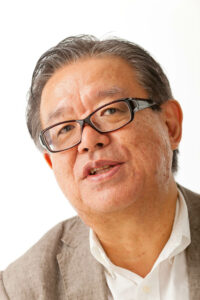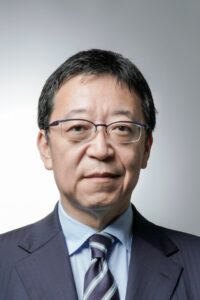
Urakawa Kunio, Professor, Faculty of Economics of Kyushu University Key points Average yearly income trending downward in the bottom 40% income bracket Income redistribution limited by current tax and social security systems Lack of safety net for types of employment with a high risk of instability COVID-19 has had a major impact on the world economy. Japan’s economy has been greatly impacted, with GDP for FY2020 down 4.4% from the previous year. This is larger than the decline of 3.6% in 2008 when the Lehman Brothers collapse occurred. The Quarterly Estimates of GDP for Jul.–Sept. 2021 released on November 15, 2021, showed negative growth of -0.8% compared to the preceding term, the first negative growth in two quarters. Full economic recovery will likely take more time. The economic impact of COVID-19 has been felt most keenly in the service industry sector, including air ... ... [Read more]

